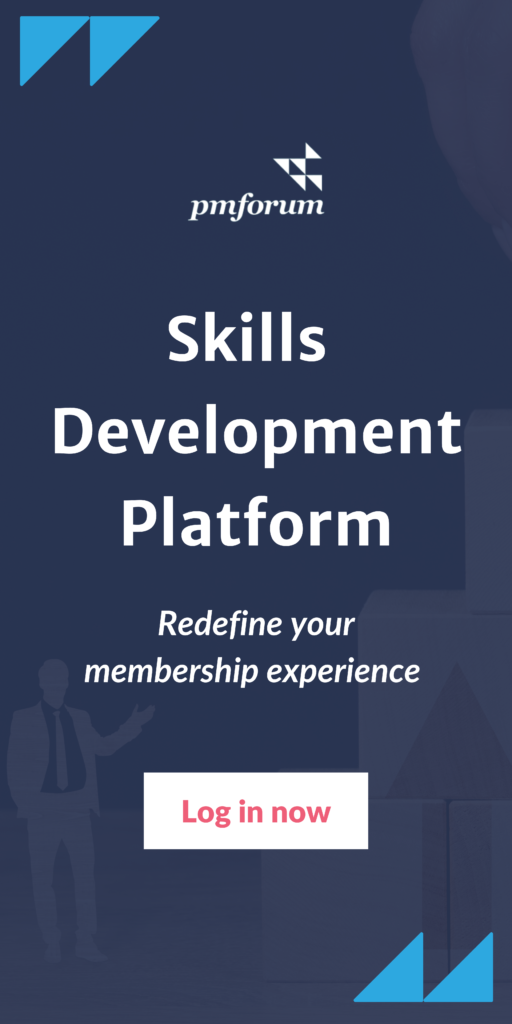The way consumers buy professional services is changing. But are firms keeping up, asks PM Forum conference keynote Dr Susan Rose?
Advances in technology are changing the ways we lead our lives. Nowhere is this more evident than in consumer marketing.
Digitalisation and new developments in AI are changing the ways in which brands engage and communicate with consumers at all stages of the buying process and across service delivery systems. From contactless payments, automated banking, online shopping services, and facial recognition, brands are now requiring consumers to adapt and change to new practices.
Consumer brands are taking advantage of the march of technology to create both efficiencies in their systems but also in enhancing the customer experience in many ways. Take, for example, the capture and analysis of customer data. It now enables customer journeys to be mapped in detail and allows brands to identify the appropriate touchpoints at which to engage with relevant messaging or offers to their customers.
But as technology changes, so do its users.
Consumer behaviour is changing rapidly in the adoption and application of technology and attitudes and behaviours towards brands.
Whilst this is seen as a matter of importance for consumer product marketing, these changes are also affecting how consumers view and potentially use professional services.
Professional services rely on trust and personal relationships based on transparency. It often involves the consumer seeking out information before deciding on which firm to use based on beliefs about expertise and competency.
So, how do the changes occurring in consumer behaviour affect how they select and use a professional services firm?
To answer this question, we need to look at how consumer behaviour is changing.
Better informed
First, the consumer is better informed by the availability of knowledge and information. They care not just about the brands they buy and use but also the surrounding context, such as how the product is made, by whom, what happens in the supply chain and how ethical this organisation is.
Information that was previously hidden from consumers is now readily available and impacts the decisions they make.
Similarly, consumers can seek out information on their own about a professional service they may need, such as moving house, making a will or tax advice, before consulting a firm. They can understand much about the process even before consulting a professional expert. They, therefore, come to the selection process of which firm to use armed with a good understanding of ‘what’ they need before deciding ‘who’ they need.
Emboldened and empowered
Given this easy access to knowledge and information, the consumer is more emboldened and empowered during the process of engagement with a firm. They are more demanding of the services they wish to receive and can be harsher in their assessment of the standard of services they experience. With greater transparency required of firms about their policies and processes, consumers can challenge firms about the statements and claims they make and how far they match up to their expectations.
It is said that digitalisation has democratised many aspects of our lives, with the sharing of knowledge and experience now being fast and easy. Not only have customer expectations been raised, but they can make their experiences, opinions and feelings known to others in a very public and quick way via websites and social media channels.
Traditional word of mouth, upon which professional services firms often rely, has now been replaced by online reviews and social media discussion of performance and reputation. The digital sharing of knowledge and information has given rise to the social media influencer, who has become as much of a source of information for consumers as brand-led sources. It is an example of empowerment in action.
Younger consumers in particular will consult and listen to social media personalities such as Joe Wicks (fitness), Zoë Sugg/Zoella (lifestyle and beauty) or Sophie Hinchliffe/Mrs Hinch (cleaning and lifestyle) who are viewed as ‘experts’ in their subject and potentially consulted before a professional.
So, is everyone an expert these days?
Clearly, the ability for consumers to develop and grow their own knowledge has emboldened people and given rise to challenges to what experts know. This was very clearly demonstrated during the Covid pandemic, where the views of sometimes world-leading scientists and doctors were openly challenged. This challenge to knowledge and expertise is also a threat to professional services firms.
Challenge the status quo
The challenge to the status quo of consumers for professional services, coupled with the pressure for flexibility, convenience and lower price, has supported growth in the use of new digital services that disrupt previous delivery channels and ways of doing things.
Consumers can use digital platforms such as Fiverr (www.fiverr.com) to locate and use professional services, such as legal, accounting or business consulting, that are likely to be faster and less expensive than established conventional firms.
So, where does this leave professional services firms in terms of B2C marketing?
Recognising the shift in consumer attitudes towards a broader understanding of knowledge and expertise and how this affects service delivery is an important starting point.
Changes in consumer behaviour driven by technology require professional services firms to revisit their business models, including service delivery (online versus face to face), pricing models (billable hours versus value-based) and flexibility of access (9 to 5 versus 24/7 always on).
The understanding of consumer behaviour today and the shifting perception of value in the context of using professional services are important topics for professional services marketers. The forthcoming PM Forum Conference in September will be a great opportunity to explore these and other topics in the fast-changing consumer world.
Dr Susan Rose is a Professor Emerita of Consumer Behaviour at Henley Business School at the University of Reading. Her original doctoral research focused on the importance of information processing in online decision-making, and is now widely published in a range of consumer and internet-related topics. She currently works as an educator, business coach, speaker and author.



